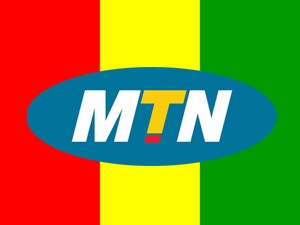
Great strides have been made to grow broadband connectivity in Africa in the past five years, but - despite this growth - West Africa still has to overcome massive challenges to fully integrate into the digital age.
This is according to MTN Guinea Conakry's CEO, Phumzile Joshua Phike, speaking at the 10th annual Connecting West Africa conference in Dakar, Senegal, this week.
"Until 2008, Africa had a significant broadband capacity deficit. The continent predominantly relied on a cable serving sub-Saharan Africa and satellite capacity, which came at a high cost and delivered low capacity."
Phike says while Africa has seen a more than proportional share of this growth, there are challenges that are still holding back West Africa's digital evolution - including inadequate terrestrial backhaul links. "[Efficient backhaul] could be used to exploit opportunities presented by the tremendous growth in submarine cable infrastructure and demand for data."
He says immense opportunities in connecting West Africa exist. "[Opportunities like] leveraging and delivering submarine cable access to both coastal and landlocked countries, growing Africa's Internet market and establishing global partnerships with other global carriers for footprint expansion."
Phike says MTN is in the process of deploying an IP/MPLS (Internet Protocol/ Multiprotocol Label Switching) network to extend its footprint beyond its existing scope.
MTN is the largest investor in the West Africa Cable System, launched in Cape Town last year. The submarine cable links SA with the UK along the west coast of Africa.
The operator has commitments in excess of $100 million (about R1 billion), comprising $90 million system capital contribution and additional capital investments towards the construction of cable landing facilities in Cameroon, Ghana, Nigeria and Cote d'Ivoire.
Share